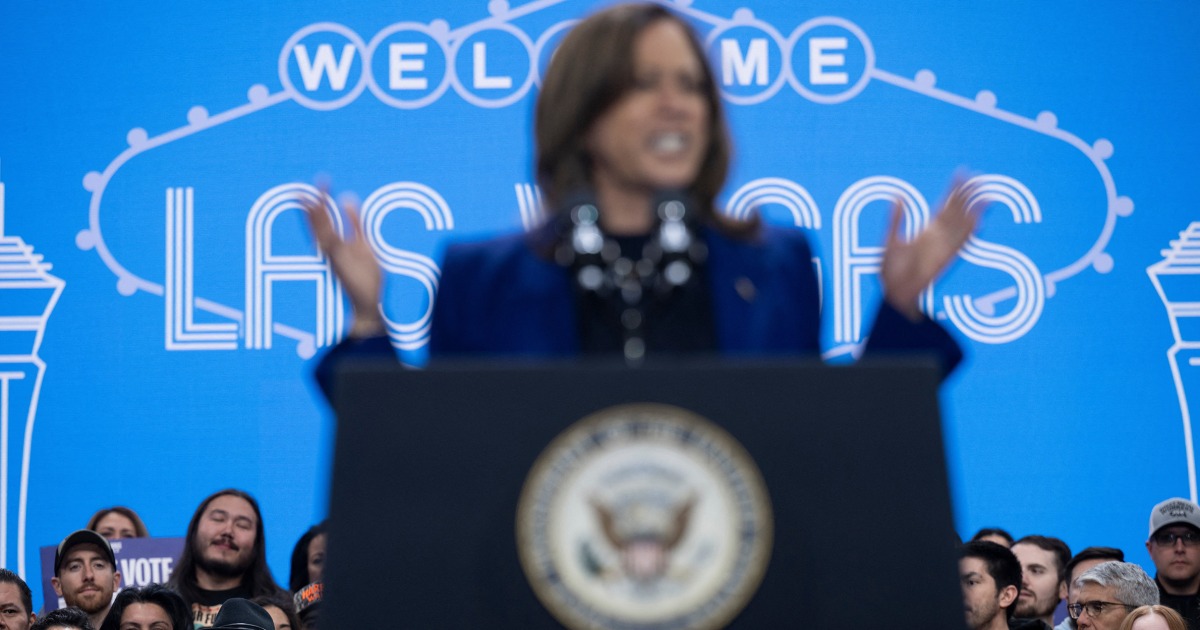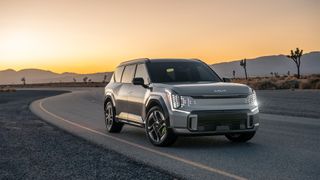
As if he doesn’t already have enough on his plate as chief executive of X, Tesla and SpaceX, divisive tech billionaire Elon Musk could soon add a new title to his arsenal: head of the US Department of Government Efficiency. Should he win on Tuesday (US time), Donald Trump has announced that he’ll ask Musk to audit the entire federal government via the so-called Department of Government Efficiency, or DOGE (named after Musk’s favourite crypto memecoin). Billionaire Elon Musk has emerged as a central figure in the US election.
Credit: AP For outsiders, the proposed gig might seem like something of a surprise move from someone who, for more than a decade, has been largely preoccupied by inhabiting Mars. But Musk has been building towards this moment for years. Ridding himself of any illusions of political neutrality, Musk has fully embraced the MAGA movement.
He regularly peddles false claims about voter fraud and immigration policies, started a super PAC that has given at least $US118.5 million to Trump’s campaign, and has pledged to splash $US1 million a day to voters in key battleground states in the election – which could turn out to be a federal violation under laws about paying voters. At a recent rally, Trump said Musk would conduct a “complete financial and performance audit” and make “recommendations for drastic reforms”.
Speaking to The Washington Post last week, a Trump insider described Musk’s philosophy as “delete, delete, delete” and said they believed Musk’s first priority if Trump wins would be cutting jobs. If there wasn’t so much at stake, this might be entertaining. But Musk’s stewardship of his companies gives us some clues about what his role in a Trump administration might look like, and it’s not good news for the 2.
2 million full-time federal government workers or the people who rely on these essential services. Musk has shown indifference, and often outright disdain, to workers at his own companies. Within weeks of taking over Twitter, he laid off about 6000 employees – roughly 80 per cent of its workforce.
The teams that were cut laid bare his priorities: slashing diversity and inclusion units, policy, trust, content moderation and safety teams, who were responsible for managing and reducing hateful and misleading content on the platform, and significantly, almost the entire communications team. That means if you or I have an enquiry about the company, there is no one to contact. Not being able to put questions to the world’s richest individual is one thing, but if similar moves were made for public servants who act on behalf of the administration of the day, that quickly becomes a recipe for disaster – particularly if the president is one who is known to ignore rules and loathe transparency.
At the same time as the layoffs, remaining X employees were asked to effectively pledge their loyalty to Musk, and meeting rooms were converted to bedrooms, allegedly to encourage staff to work longer hours (for no overtime or additional pay). In 2023, more than 30 Tesla employees were fired, allegedly after encouraging workers to unionise. In March 2024, it was revealed that SpaceX employees had been forced to sign illegal confidentiality agreements , and in April this year, Musk announced plans to cut a further 14,000 jobs from Tesla.
It is expected that such disdain he’s shown for his own workers would only be amplified if he were making similar decisions for the fate of public sector workers, and the everyday Americans these cuts could affect. Given his history, it’s feasible to envisage Musk cutting essential government services such as call centre staff for health services or in veterans affairs, deeming these roles to be “red tape” or that he just ideologically doesn’t see the need for. While there may be more effective or efficient technology systems, asking an elderly war veteran with complex health issues to speak to an AI assistant via an app instead of making a phone call won’t end well.
As with many things related to both Trump and Musk, there’s no shortage of rank hypocrisy at play. In an interview in August, Trump – who has repeatedly run on the promise of creating more jobs for Americans – called Musk the “greatest cutter”, in reference to the thousands of workers he’s laid off. Musk’s companies are also recipients of significant government spending.
Tesla has received nearly 13 per cent of electric vehicle charging grants from Joe Biden’s infrastructure laws, while his space firm SpaceX has received billions of dollars in federal funding since its inception but is subjected to rigorous government safety and oversight regulations (which has previously resulted in fines) that Musk is no fan of. To allow someone who benefits from government funding to potentially shape industry regulations to suit his whims isn’t just unethical. When we’re talking about vehicles on our roads and spaceships taking people to outer space, the potential for genuine danger can’t – and shouldn’t – be ignored.
Musk himself acknowledged his real agenda when, in an interview with Tucker Carlson last month, the chief executive admitted, “If Trump loses, I’m f---ed”. There are plenty of people who believe in the power of government, and who would take a role like that on offer to Musk seriously and with gravity. But Musk is not that person.
To date, he seems to think the gravity of running a government is best conveyed through memes. The world’s richest man has plenty of his own pressing issues – and lawsuits from former employees – to tackle before adding another role to his LinkedIn profile, let alone one that could have devastating impacts for so many. David Swan is technology editor for The Age and The Sydney Morning Herald .
.














